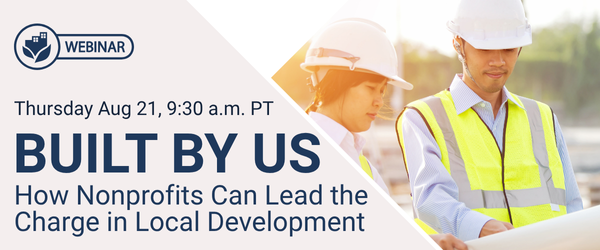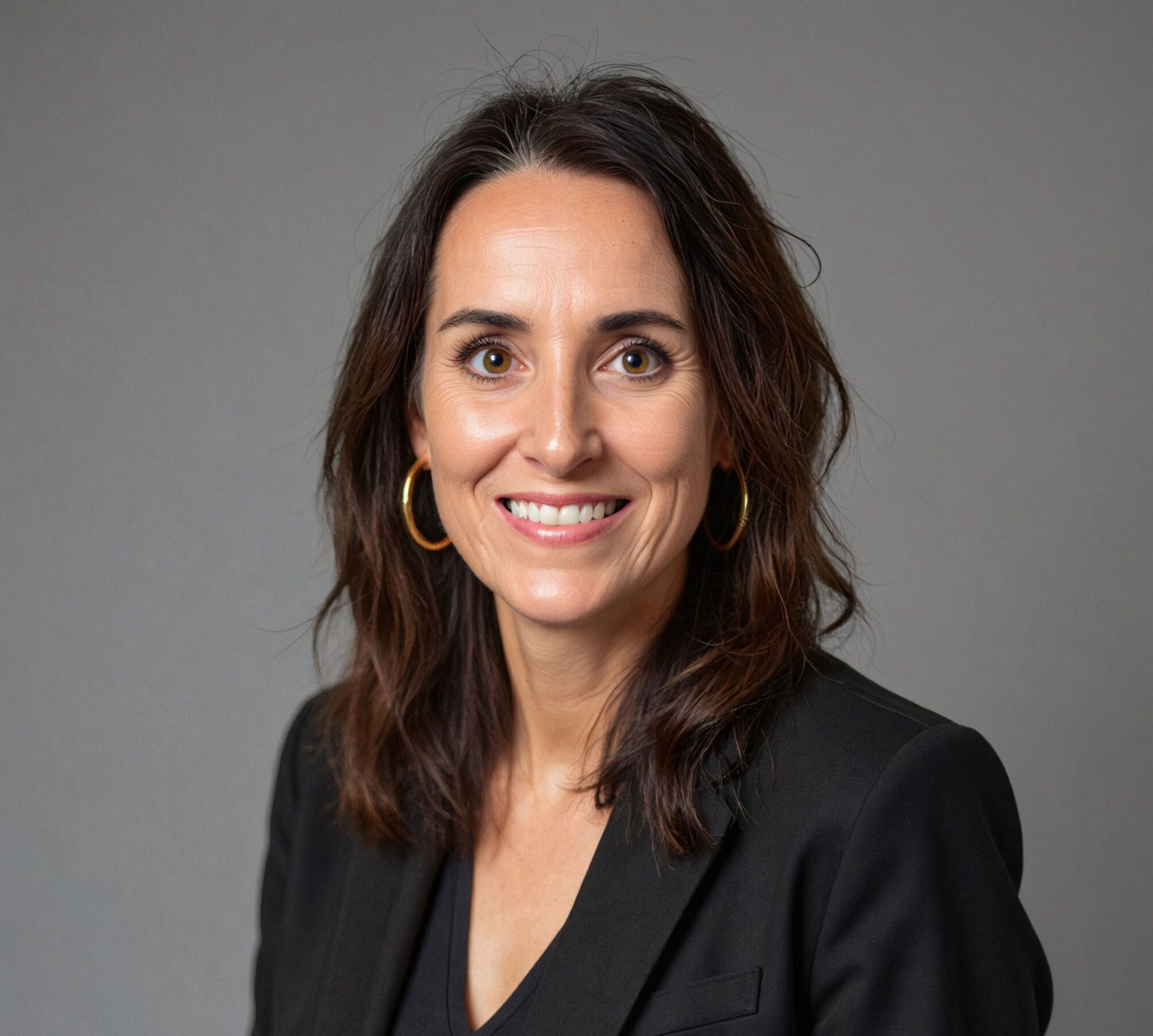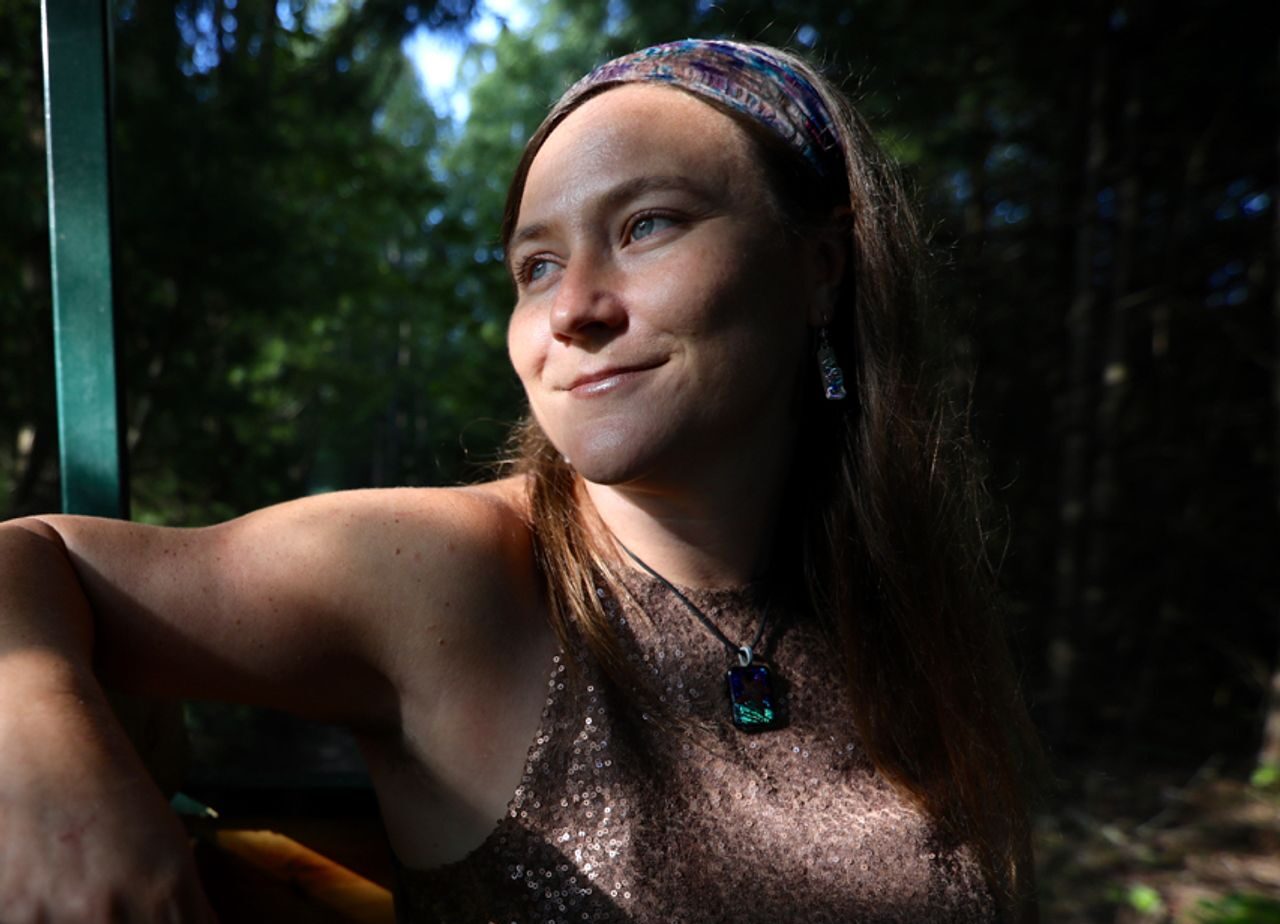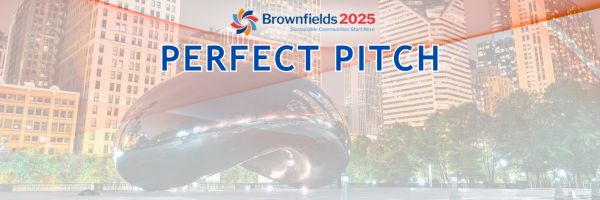
Built By Us: How Nonprofits Can Lead the Charge in Local Development
How much time and leverage have we given away trying to attract or win over outside developers? What if the power to revitalize your community has been in your hands all along? In this empowering and practical session, learn how nonprofit organizations, community coalitions, and grassroots leaders can take the reins on redevelopment – building spaces that reflect local values, retain local wealth, and strengthen long-term economic resilience.
We’ll cover the real-world skills, strategies, and capital tools needed to get started – from co-development models to investment crowdfunding to building your own downtown investment group. Whether you’re reviving one building or catalyzing an entire block, this session will help you step confidently into your role as a mission-driven developer.

Speaker Bios
Kate Greene
With over 20 years of experience in economic development, Kate Greene has dedicated her career to revitalizing small-town economies and fostering community resilience. Her early work in the tourism industry, rooted in a state powered by the recreation economy, laid the foundation for her expertise in leveraging local assets for growth. She later led an award-winning Main Street program and served as a brownfield redevelopment specialist with WVU’s Northern Brownfields Assistance Center, where she honed her skills in market analysis, site reuse planning, project finance, and property redevelopment. Now serving as Redevelopment Director at Atlas Community Studios, Kate emphasizes the importance of local ownership in both Main Street and brownfield redevelopment projects as a key strategy for building community wealth. By empowering residents and organizations to take ownership of their assets, she helps foster locally driven solutions that create lasting economic opportunities. Her approach combines technical expertise with a deep commitment to strengthening towns through self-reliance and sustainable, community-led initiatives. Kate’s passion for locally anchored revitalization efforts makes her a trusted leader in promoting equitable growth in small and rural places across the country.
Lori McKinney
Lori is a songwriter, creative place-maker and community development rockstar. After studying theater at JMU and University College, London, and experiencing life-shaping world travel, she felt called to return home to WV, build community around the creative arts and produce events which would bring people together and inspire change. Lori searched for collaborators and hit the jackpot when she found her soul mate, Robert. The two flowed together though their shared passion of music and desire to build a better world. Choosing to plant roots in Lori’s hometown of Princeton, together they founded Culturefest World Music & Arts Festival and Option 22 in ’04, formed the RiffRaff Arts Collective in ’06 and All Together Arts Week in ’09. In ’12 she and Robert teamed with members of the community to create Princeton Renaissance Project, a multi-faceted downtown development effort. She feels blessed with an amazing team of creators and a mutual space in which to create, encourage and inspire one another and the community. Robert and Lori, joined by Option 22, now tour the region inspiring and empowering community transformation with their original multi-media production, Create Your State.
Claire Weston
Claire manages CCLR’s $12M Technical Assistance to Brownfields (TAB) Communities Provider cooperative agreements with the U.S. EPA. This includes leading the program development and technical assistance provision strategy, writing quarterly reports, maintaining and reporting performance metrics, and preparing materials, stats, and success stories to support program continuation. Of note, Claire spearheaded the development and launch of CCLR’s technical assistance tracking system in Salesforce which has led to efficient and robust reporting, more strategic and comprehensive TA delivery, and better team collaboration under the TAB program. Claire also oversees major elements of CCLR’s programming and education initiatives including workshop and webinar planning, resource development, partnership cultivation, and strategic initiatives. In 2022, Claire managed the planning and execution of CCLR’s webinars and events which engaged over 3,000 land reuse practitioners from the public and private sectors and covered topics in remediation, environmental justice, equitable development, redevelopment financing, and more.







